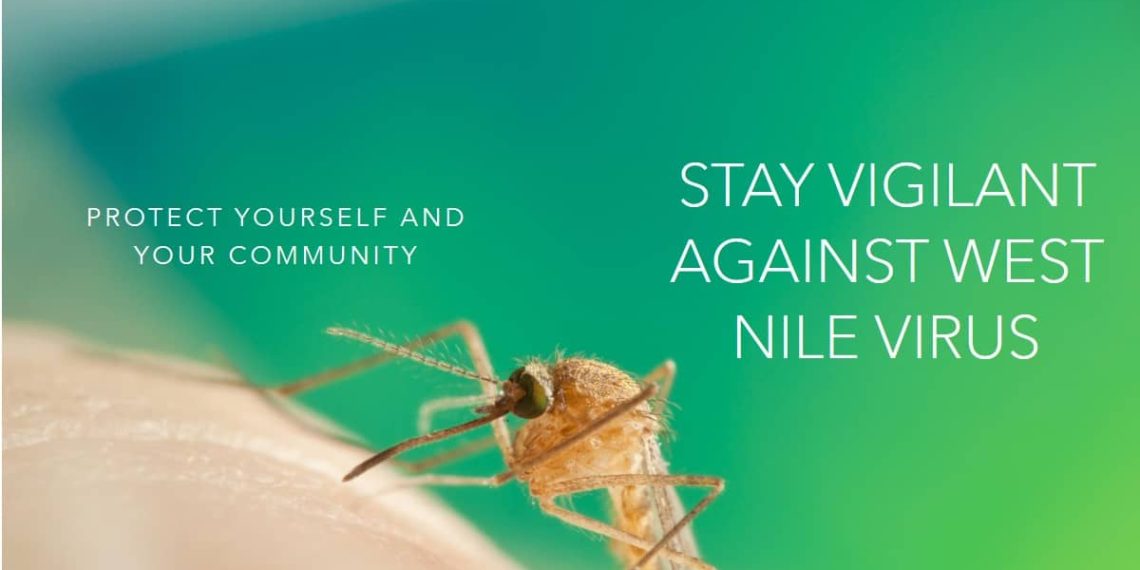As the warm weather sets in across Illinois, the Illinois Department of Public Health (IDPH) is alerting residents of Libertyville and Lake County to take precautions against the West Nile virus. The first two batches of mosquitoes to test positive for the virus in 2024 were found this week in Hoffman Estates (Cook County) and Morgan County, marking an earlier start to the West Nile season compared to 2023.
Last Year’s Spike
The early positive samples come on the heels of a concerning year for West Nile virus in Illinois. In 2023, the state recorded 119 human cases and six deaths, a significant increase from the previous year’s 33 cases and seven fatalities. The virus was detected in mosquito batches, birds, horses, and humans across 67 counties, up from 44 counties in 2022.
Protecting Yourself and Your Community
IDPH Director Dr. Sameer Vohra emphasizes the importance of taking preventive measures against mosquito-borne illnesses. “It is crucial for everyone, especially older individuals and those with weakened immune systems, to safeguard themselves and their families from mosquitoes and the viruses they carry,” he states.
To “Fight the Bite,” IDPH recommends following the three R’s:
- Reduce: Eliminate standing water sources where mosquitoes breed, such as bird baths, ponds, and containers. Repair or replace torn window and door screens.
- Repel: When outdoors, wear protective clothing and use EPA-registered insect repellents containing DEET, picaridin, or other approved ingredients.
- Report: Notify local health departments about stagnant water sources that could produce mosquitoes for potential larvicide treatment.
West Nile Virus: Symptoms and Risks
West Nile virus is transmitted through the bite of an infected Culex mosquito, commonly known as a house mosquito. While most infected individuals exhibit mild or no symptoms, the virus can cause fever, nausea, headaches, and muscle aches. In rare cases, severe illnesses like meningitis, encephalitis, or even death can occur, particularly among older adults and those with compromised immune systems.
Ongoing Monitoring and Reporting
IDPH monitors West Nile virus activity through laboratory testing of mosquito batches, dead birds, sick horses, and human cases with virus-like symptoms. Residents of Libertyville and Lake County are encouraged to report sightings of sick or dead crows, blue jays, robins, and other perching birds to their local health department for potential testing.
By staying informed and taking proactive measures, residents of Libertyville, Lake County, and the entire state can help mitigate the risks associated with the West Nile virus and enjoy a safer, healthier summer season.
Additional information and data can be found on IDPH’s West Nile virus website and the West Nile virus Dashboard.










